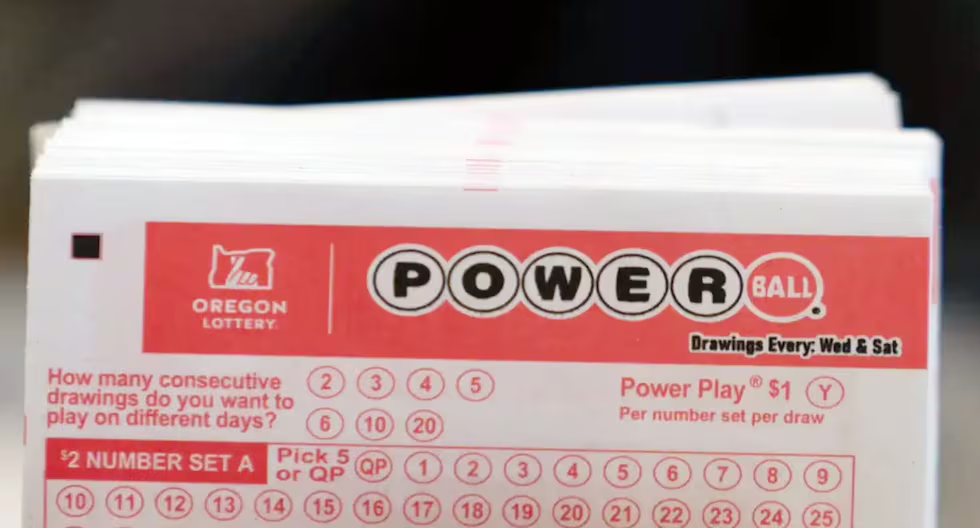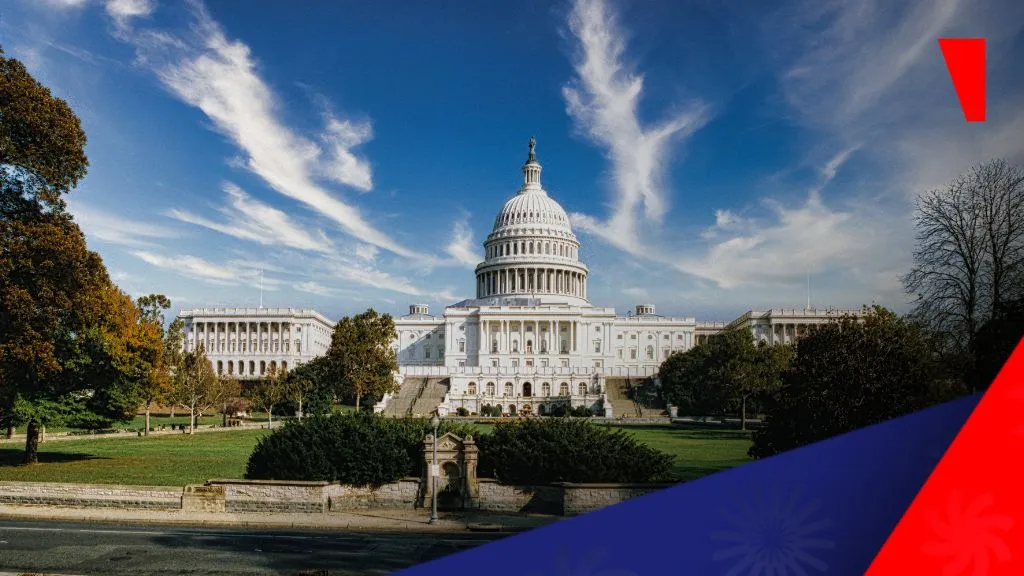As per reports, Massachusetts Attorney General Joy Campbell has filed a lawsuit against KalshiEX LLC, accusing the prediction market operator of running unlicensed online sports betting in the state. The lawsuit, lodged in Suffolk Superior Court, claims Kalshi bypassed key consumer protections required of licensed sportsbooks and allowed wagers without state approval.
AG alleges Kalshi sidesteps betting laws
According to the Attorney General’s Office, Kalshi promoted sports betting under the label of “event contracts” without ever applying for a Massachusetts Gaming Commission (MGC) license. Campbell said the company’s platform risks consumer harm by skipping safeguards such as age verification, addiction prevention measures, and tax compliance.
Also Read: NCAA cracks down on student-athletes betting: Check all details about scandal and ban
“Sports wagering comes with significant risk of addiction and financial loss and must be strictly regulated,” Campbell said in a statement. “This lawsuit will ensure that if Kalshi wants to be in the sports gaming business in Massachusetts, they must obtain a license and follow our laws.”
State seeks immediate halt to operations
As part of the lawsuit, the state is asking the court to block Kalshi from offering sports event contracts in Massachusetts while the case proceeds. Regulators argue that Kalshi’s contracts are no different from traditional sports wagers since users stake money on uncertain game outcomes in exchange for a chance to win payouts.
Court filings also allege Kalshi allowed 18-to-20-year-olds to access its platform, despite the legal betting age in Massachusetts being 21.
Gaming commission backs enforcement
Massachusetts Gaming Commission Chair Jordan Maynard welcomed the Attorney General’s move, saying prediction market operators are trying to expand into sports betting without following the same strict rules licensed operators face.
“My fellow commissioners and I appreciate the Attorney General’s efforts to enforce the law and hold these companies accountable to Massachusetts’ rigorous standards,” Maynard said.
Kalshi pushes back
Kalshi defended its platform, saying it offers a “fair, transparent, federally-regulated, and nationwide marketplace.” In a statement, the company accused Massachusetts of using “outdated laws and ideas” to block innovation and pledged to fight the case in court.
Also Read: How to avoid fan bias when betting on your favorite NFL team
“Prediction markets are a critical innovation of the 21st century, and all Americans should be able to access them,” the company said.
The bigger battle over prediction markets
Massachusetts joins other states testing the legal boundaries of event contract platforms. Kalshi and similar firms argue their offerings fall under federal oversight by the Commodity Futures Trading Commission (CFTC), not state gambling regulators.
From May through June 2025, the state estimates Kalshi processed more than $1 billion in wagers across 3.4 million sports contracts. Regulators argue that scale shows Kalshi is effectively running a sportsbook without a license.
The court will now decide whether Kalshi’s “event contracts” qualify as sports betting under Massachusetts law, a ruling that could shape how prediction markets operate nationwide.
FAQs on the Massachusetts Kalshi lawsuit
1. What is Kalshi?
Kalshi is a prediction market platform that allows users to trade “event contracts.” These contracts let people bet on whether specific events will happen, including outcomes of sports games.
2. Why is Massachusetts suing Kalshi?
The state alleges Kalshi is offering unlicensed sports betting disguised as “event contracts.” Officials say the company bypassed required consumer protections, such as age restrictions and responsible gambling safeguards.
3. Is sports betting legal in Massachusetts?
Yes, online and retail sports betting is legal in Massachusetts, but operators must obtain a license from the Massachusetts Gaming Commission. Kalshi has not applied for or received one.
4. How much money has been wagered on Kalshi?
According to state filings, Kalshi users wagered more than $1 billion on 3.4 million sports event contracts between January and June 2025.
5. What does Kalshi say in its defense?
Kalshi argues it operates a federally regulated marketplace overseen by the CFTC and that Massachusetts is trying to block innovation with outdated state laws.
6. Could this case affect betting in other states?
Yes. Several states and companies are currently debating who has the authority to regulate prediction markets. The outcome in Massachusetts could influence similar cases nationwide.








